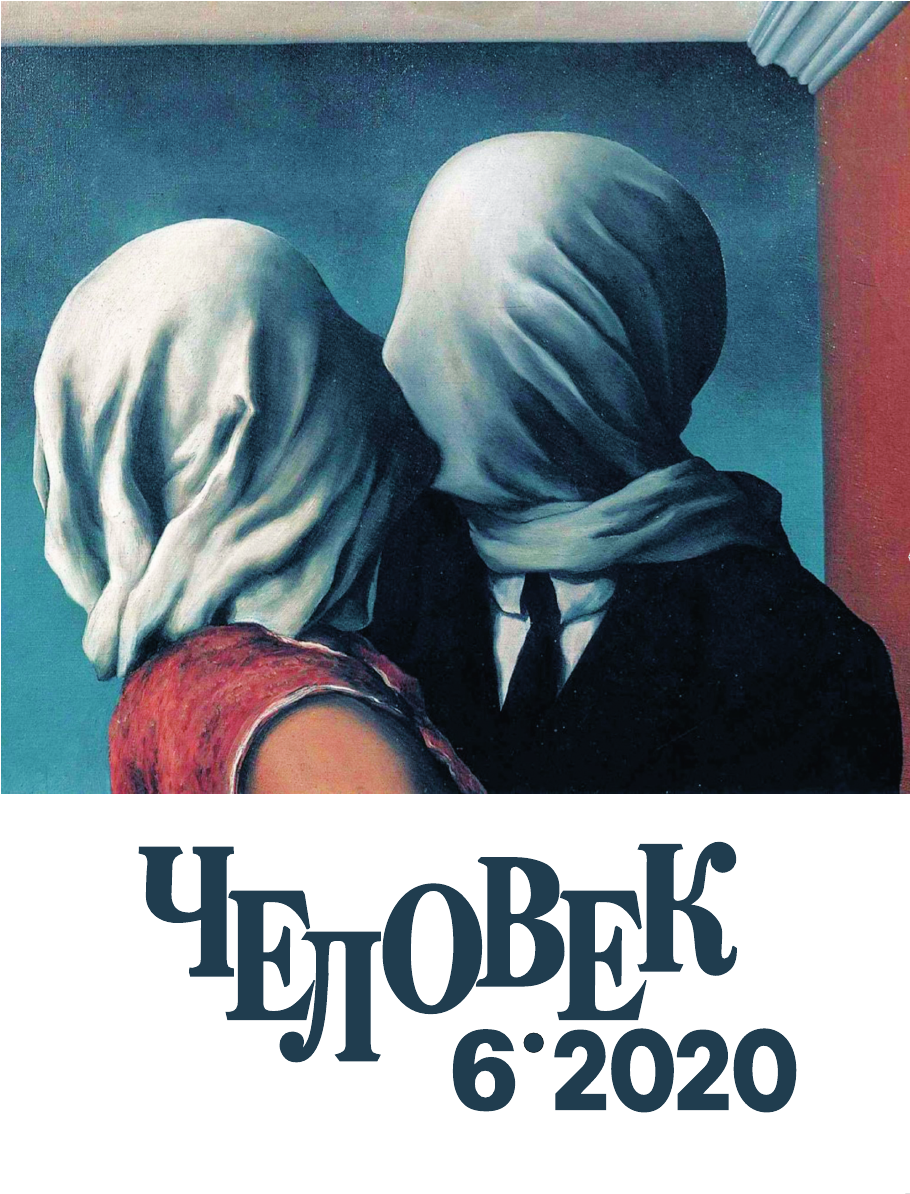Pandemic and the Figure of a Philosopher
Keywords:
pandemic, coronavirus, pandemic philosophy, disaster medicine, exceptional situationAbstract
The article explores the philosophical discourse that has formed in the context of the development of the COVID-19 coronavirus pandemic. The role of philosophy in evaluating a number of socio-political problems caused by this pandemic is evaluated and various forms of attitude to the pandemic among philosophers are analyzed. It was shown that the coronavirus pandemic gave impetus to rethinking the foundations of philosophy and was used as an informational occasion and a tool for conceptualizing and promoting a number of philosophical ideas, in particular, such as “camp”, “state of emergency”, and “biopolitics” (in particular, this is characteristic for the position of J. Agamben). At the same time, in the context of the pandemic, the position of suspending philosophical expert judgments was articulated, due to the limited knowledge of the pandemic and the particular rooted philosophy in important “eternal questions”, but not able to respond urgently to urgent (G. Harmann), and the relevance of the moral act of silence, expressing solidarity with the people who took the blow of the tragic situation (K. Malabo). In addition, the article explores the problem of revising philosophical concepts that were especially common during the coronavirus pandemic. The polysemantic complexity of the concept of “exception” is noted. In particular, broad connotations of the concepts of “exclusion” and “exclusivity” were considered. It is demonstrated that the practice of exclusion causes a process of biopolitical isolation. Exception transgresses into self-exclusion, and it, in turn, echoes the concepts of racial, caste, ethnic purity. An exception in the biopolitical sense, considered in the narrow context of quarantine measures taken and provoking protest from J. Agamben, may be adjacent to the existing violent mechanisms of sociocultural exclusion and ontological exclusion. Consideration of the various positions of philosophers made it possible to explicate in the context of the emerging discourse on a pandemic an association associated with the well-known thought experiment, the “Mary's room” by F. Jackson, widely discussed among representatives of the philosophy of consciousness.






